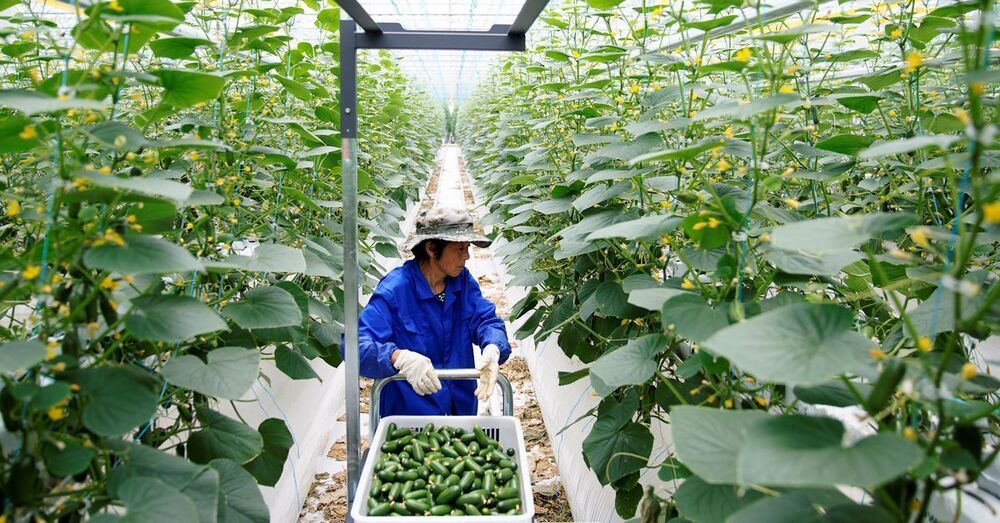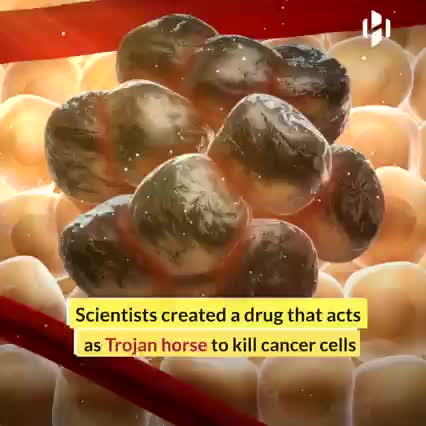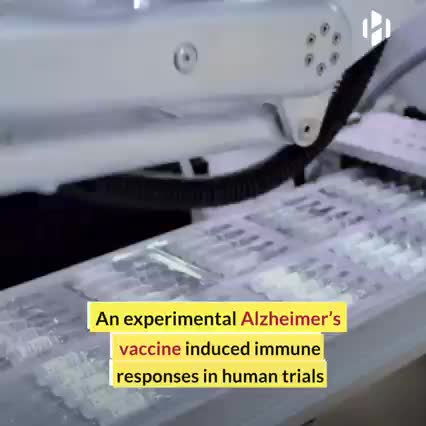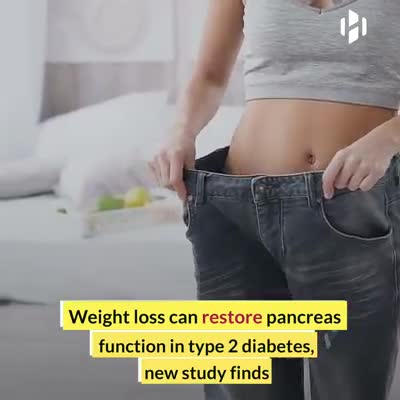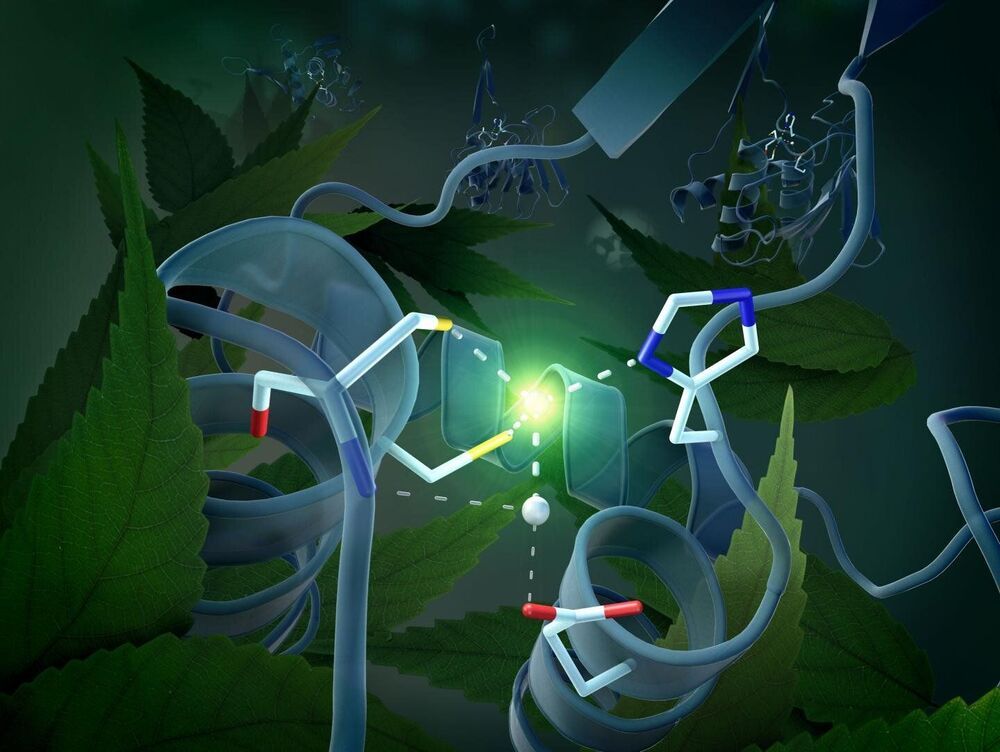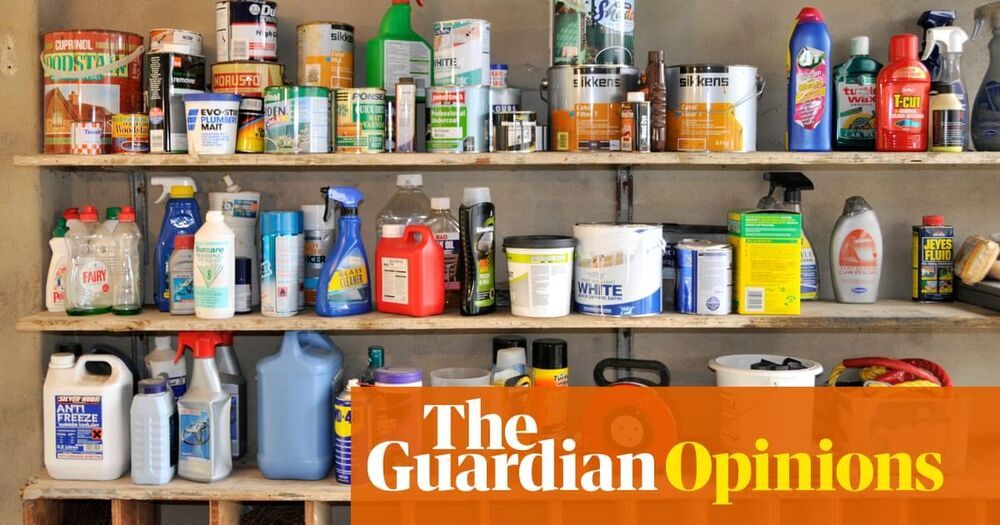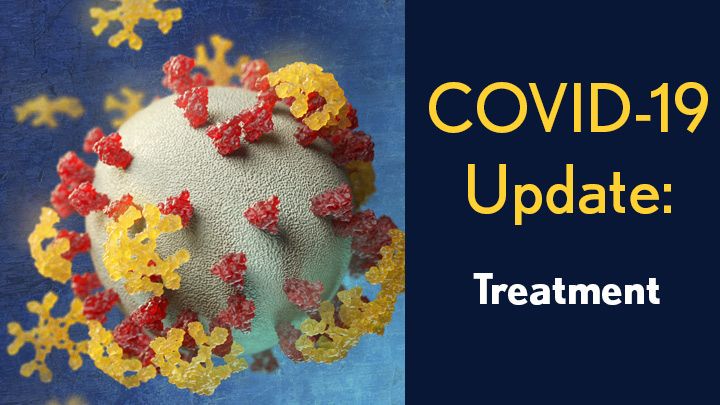China is seeing a high-tech greenhouse boom as food supply disruptions sparked by coronavirus lockdowns accelerated the development of modern farming techniques.
SHANGHAI, June 4 (Reuters) — At Chongming Island just outside Shanghai, China’s most populous city, workers collect and pack tomatoes and cucumbers at a glass greenhouse operated by Dutch company FoodVentures, which harvested their first batch of produce at the site in May.
The facility is one of dozens sprouting up on the outskirts of China’s megacities that utilise high-end technology to manage irrigation, temperature and lighting systems to grow vegetables within easy reach of a large and affluent consumer base.
“There is a trend towards more sustainable and professional supply,” said FoodVentures director Dirk Aleven.
